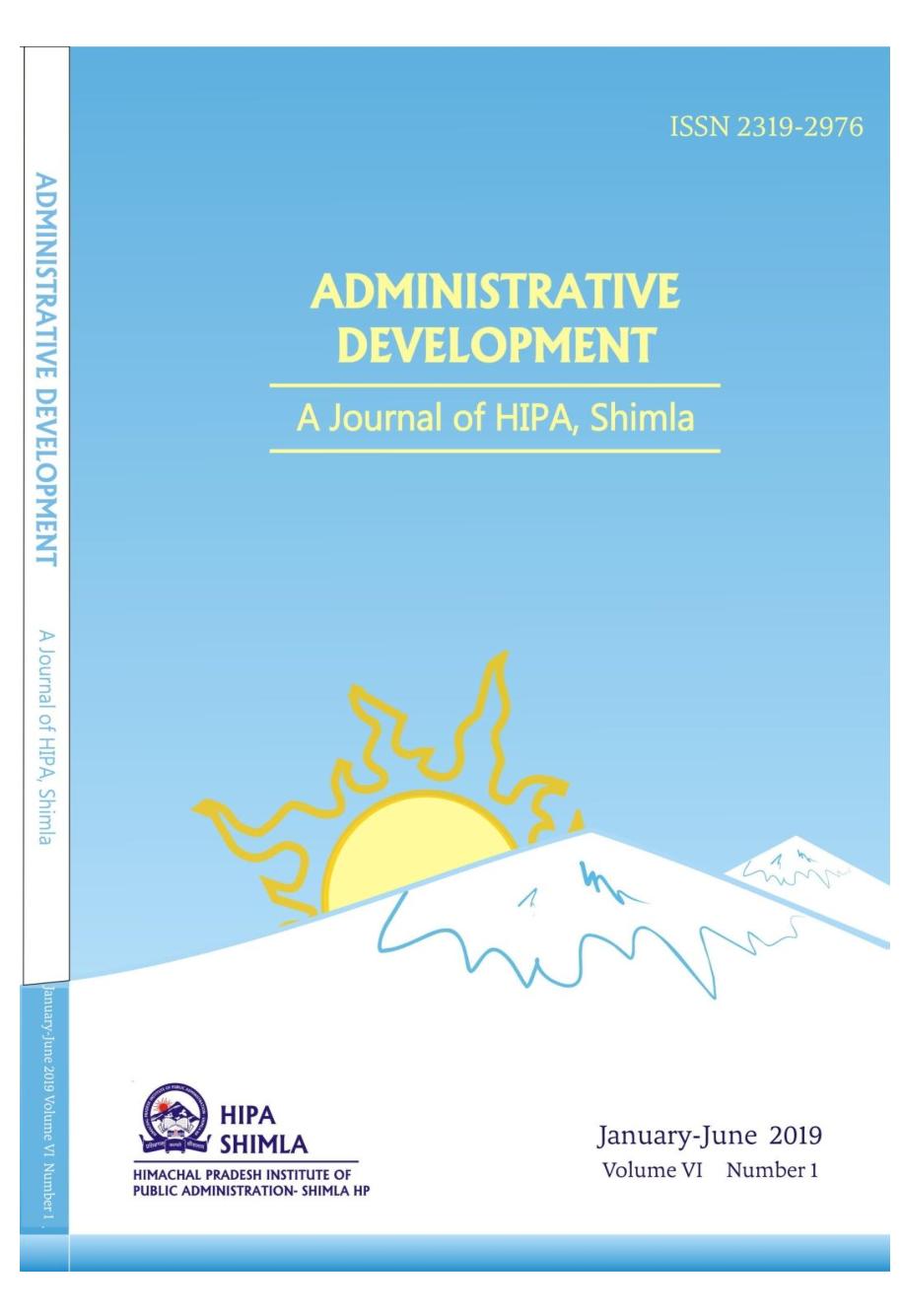UNIVERSAL BASIC INCOME AT THE BOTTOM OF THE PYRAMID: ACHIEVING SDGS THROUGH FINANCIAL INCLUSION IN INDIA
Keywords:
Universal Basic Income(UBI), Bottom of the Pyramid, Human Development Index (HDI), Sustainable Development Goals (SDGs), Financial Inclusion, IndiaAbstract
According to UNDP -Human Development Index (HDI) Report 2018, India ranked very poorly with 130 out of 189 nations of the world. This reveals that a considerable proportion of population is underprivileged, marginalized and deprived of basic resources i.e. food, drinking water, electrification, education, health etc. The rapid economic growth witnessed in India is not balanced and holistic as the dichotomous experiences fails to justify this growth episode. India has been suffering from poverty, hunger, lack of basic health and education and many other socio-economic menaces. The co-existence of such imbalance is the real irony of our economic development. Poverty is a multidimensional approach which may be the outcome of the dynamics in social, economic, and political ecosystem by virtue of which an individual is unable to meet the basic needs like food, clothe and shelter. The ‘Universal Basic Income (UBI)’ has become popular construct in recent past in India. The UBI is borrowed from the scholars of the west which may be manifested in India to enhance ‘Financial Inclusion’. In fact, higher financial inclusion has been the prerequisites to achieve the Sustainable Development Goals (SDGs) by 2030. This paper has attempted to understand the idea of UBI, and determine the rates both for rural and urban population of India. This study explores how UBI may influence on the agendas of SDGs. This research is empirical and developed based on secondary information.

Downloads
Published
How to Cite
Issue
Section
License
Upon acceptance of an article, authors will be asked to complete a 'Journal Publishing Agreement'. An e-mail will be sent to the corresponding author confirming receipt of the manuscript together with a 'Journal Publishing Agreement' form or a link to the online version of this agreement.
Subscribers may reproduce tables of contents or prepare lists of articles including abstracts for internal circulation within their institutions. Permission of the Publisher is required for resale or distribution outside the institution and for all other derivative works, including compilations and translations. If excerpts from other copyrighted works are included, the author(s) must obtain written permission from the copyright owners and credit the source(s) in the article. As a general rule, permission should be sought from the rights holder to reproduce any substantial part of a copyrighted work. This includes any text, illustrations, charts, tables, photographs, or other material from previously published sources.
This journal permits and encourages authors to post items submitted to the journal on personal websites or institutional repositories both prior to and after publication, while providing bibliographic details that credit, if applicable, its publication in this journal.
